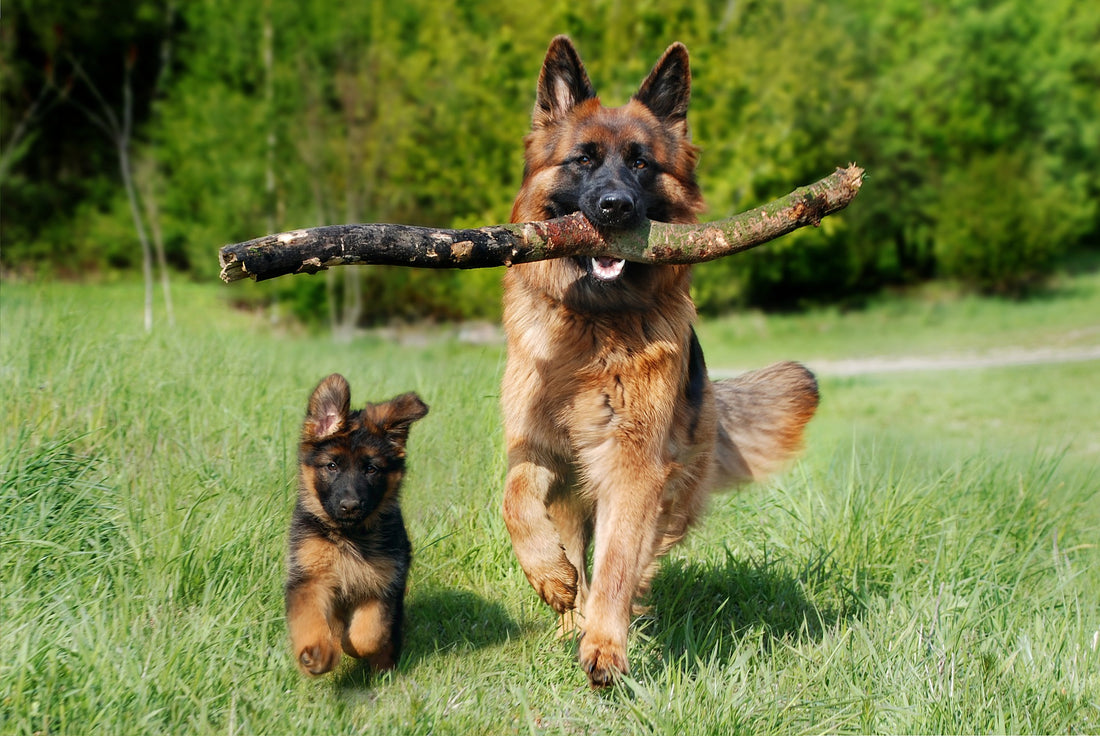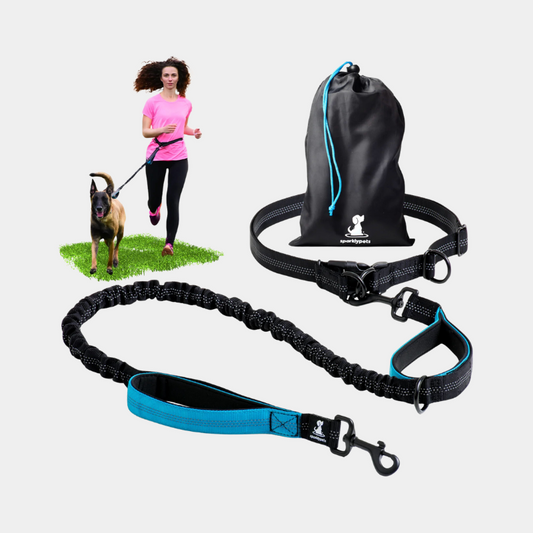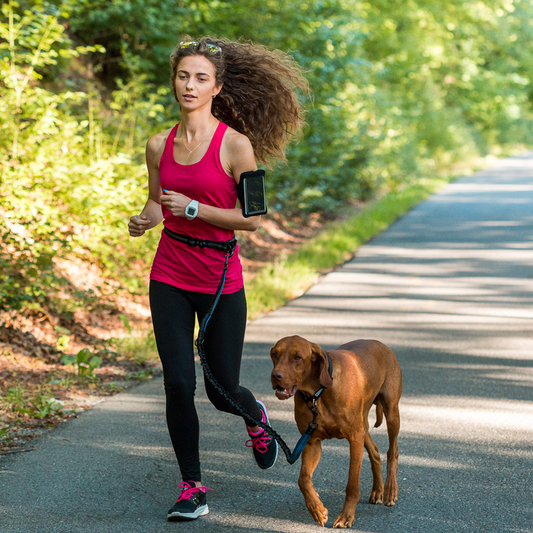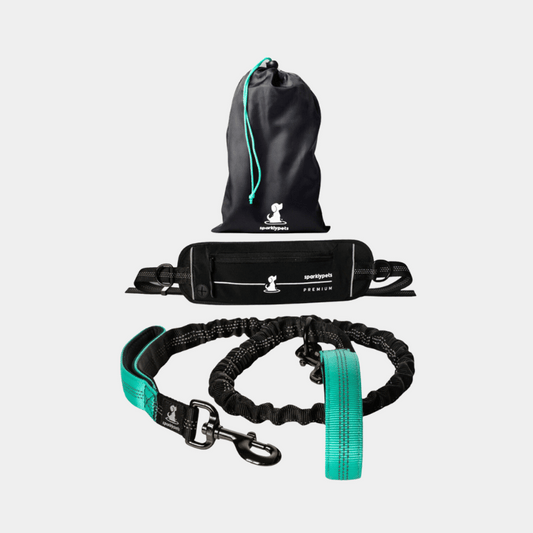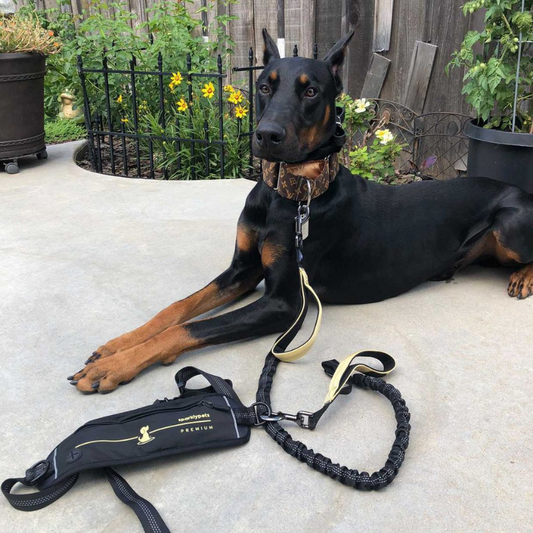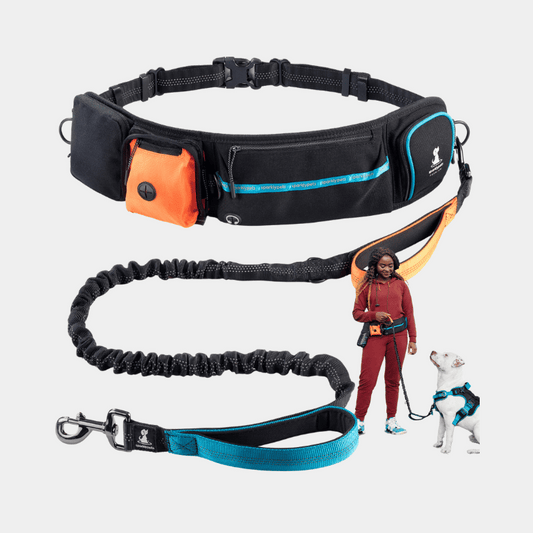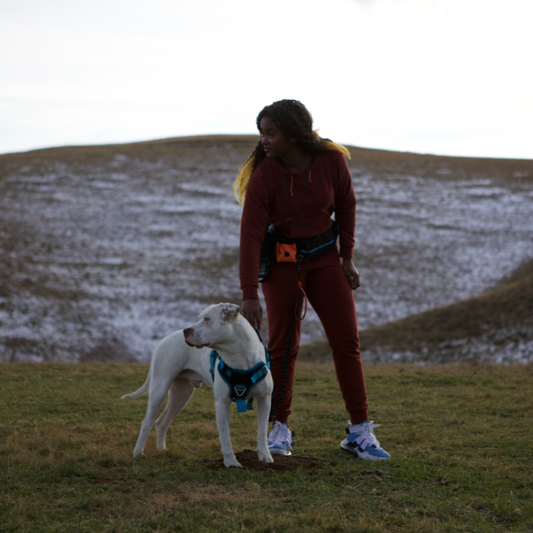Puppies - they grow up so fast, right? But until they do, they might need a little bit more attention. In fact, as your puppy will grow, his or her needs may change. Continue reading this article to learn what happens at each stage and what you should expect so that you can be prepared for it.
In this article, we’ll discuss the 4 main stages your dog will go through, from puppyhood, to adolescence, to adulthood and seniority. We’ll talk about what you should expect within each of these stages when it comes to behavior, expenses or other issues.
Puppyhood
Let’s start with the early stages - Puppyhood. The beginning of their life is the time when they need most of your attention. Your puppy will first be dependent on their mother, but once they get separated, you will have to step in and create a bond with him or her.
Keep in mind that puppies, like kids, are very energetic and can become pretty demanding. So make sure have the time and energy to take care of your pup once you bring him home. Take into account feeding times (a 2-3 month puppy needs to be fed about 4 times per day, while a 6 month puppy will need feeding around 3 times per day), potty training, basic commands training, but don’t be mad if you find the occasional pee on the carpet or chewed sock. These things are normal when you have a puppy and accidents happen.
When you’re going on walks, make sure you’re hyper alert and that you keep your eyes on your dog. At this stage, they are very curious so they may sniff or taste some things that may become dangerous to them.
Adolescence
While puppyhood can be very long, starting at birth and ending when the puppy becomes able to reproduce, adolescence is somewhat short, and can span from one month to 6 weeks. As you can probably guess, this marks the transition between puppyhood and adulthood.
You may notice some behavioral changes at this time. Often times, this means that your dog might not listen to you in training or might refuse to cooperate. This stage also means a lot of clumsiness, as your dog will try to get used to his rapidly changing body size (because of growth spurs).
You may want to start obedience training at this stage, as it will help control some of your dog’s energy into something productive.
Oh, and another thing you need to consider is spaying or neutering your pup. At about this age, hormones start going wild, and you may want to prevent becoming a puppy grandparent. This also helps prevent numerous medical issues down the road.
Adulthood
Past the age of 1 (human years), your dog will usually be considered an adult. A good indicator that your male puppy has probably reached adulthood is when he starts lifting his leg to go pee.
What this means is that his dietary needs may change - you will need to reduce the number of feeding times per day, as he is not growing anymore. Otherwise, your dog may face problems like obesity which can lead to medical complications you’ll want to avoid. Also, you should change the type of food you feed him, so that you make sure he gets enough protein and fiber in his diet.
By this time, they usually become easier to manage. They’ve already had obedience training and their energy levels are being balanced, so you can settle into a routine pretty easily. Your dog will still enjoy going on daily walks with you, playing, getting treats or learning new tricks, so don’t think the training phase is over.
Senior
Just as it is with humans, towards the end of their lifespan, dogs become senior, which usually measn more medical issues, less mobility, less energy and most likely less food. Your dog will still need to exercise regularly (walks included) to avoid obesity and mobility issues, but you will notice that he’s not going to be as agile or as thrilled to do it anymore. He may need resting periods in between walking sessions and he will require more frequent vet visits.
Some signs of seniority include grey hairs on the head and muzzle, as well as sight issues or joint mobility discomfort.
The best thing to do when they reach this stage is to offer comfort and patience for as long as they need it. He’ll still want to play with you, so don’t give up on him just yet.
So, when it comes to your dog, depending on the stage he’s in, he might have different needs that will require you to take care of. Make sure you always consult your vet to understand those needs and give your doggo the best life.

